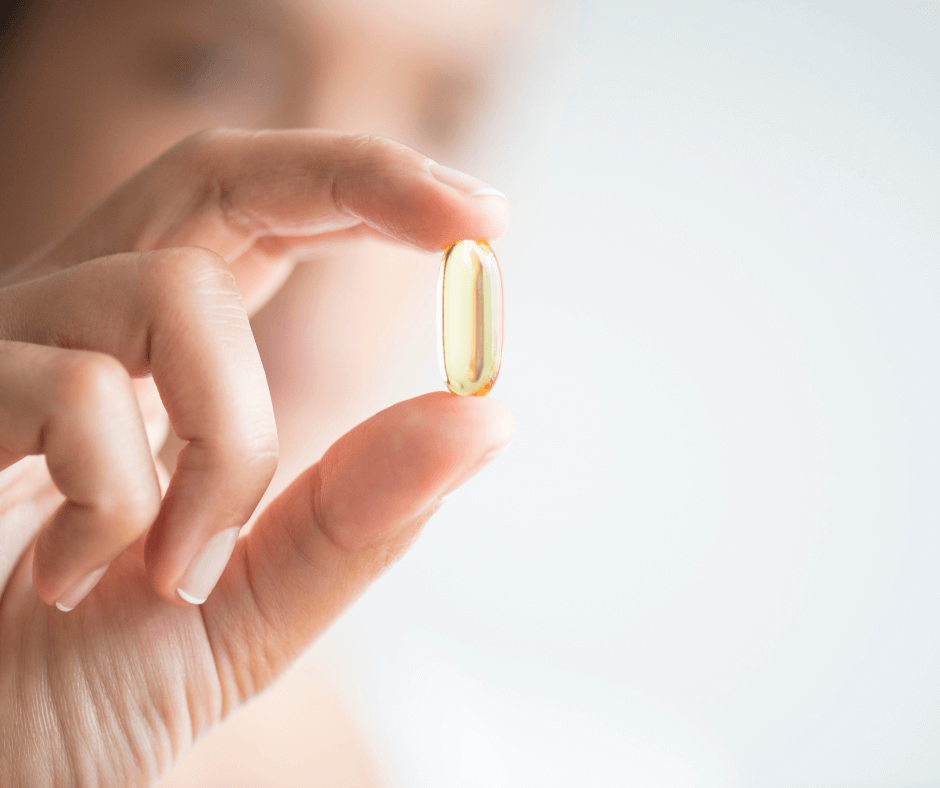The Ultimate Guide to Elderberry Syrup: Benefits, Uses, and Homemade Recipes

The Ultimate Guide to Elderberry Syrup: Benefits, Uses, and Homemade Recipes
Elderberry syrup has gained significant popularity as a natural health remedy, thanks to its potential immune-boosting properties and overall wellness benefits of elderberry. In this comprehensive guide, we'll delve into the world of elderberry syrup, exploring its origins, health benefits, various uses, and even share some easy homemade recipes to try.
What is Elderberry Syrup?
Elderberry syrup is a concentrated liquid extract derived from the berries of the elderberry plant (Sambucus nigra)[1]. These dark purple berries have a long history of traditional use in herbal medicine due to their high nutrient content and potential health benefits. To make elderberry syrup, the berries are typically simmered with water and sweeteners like honey or maple syrup, then strained to obtain a flavorful syrup.
Health Benefits of Elderberry Syrup
Elderberry syrup is believed to offer a range of health benefits. Studies suggest that elderberries contain antioxidants and compounds that may help support the immune system, fight inflammation, and even combat certain viral infections[2]. According to research published in the Journal of Functional Foods (2019), elderberry supplementation may reduce the duration and severity of cold and flu symptoms[3]. However, further research is needed to fully understand its mechanisms of action.
Uses and Applications
Elderberry syrup can be used in various ways to promote wellness. It's commonly taken as a daily supplement to support immune health, particularly during cold and flu seasons. The syrup can also be used to alleviate symptoms of respiratory infections, such as coughs and congestion. Additionally, elderberry syrup can be incorporated into smoothies, teas, or drizzled over pancakes or yogurt for a delicious and nutritious boost.
Making Your Own Elderberry Syrup
Ingredients:
- 1 cup dried elderberries
- 3 cups water
- 1 cup honey or maple syrup
- Optional: cinnamon, ginger, or cloves for added flavor
Instructions:
- In a saucepan, combine the elderberries and water. Bring to a boil, then reduce the heat and simmer for 30-45 minutes until the liquid is reduced by half.
- Remove the saucepan from heat and let it cool slightly. Mash the elderberries using a spoon or potato masher.
- Strain the mixture through a fine-mesh sieve or cheesecloth into a clean jar or bottle.
- Add the honey or maple syrup to the strained liquid, stirring until well combined.
- Store the elderberry syrup in the refrigerator for up to 2-3 months.
Where to Buy Elderberry Syrup
If making elderberry syrup isn't your preference, several reputable brands offer ready-to-use options. Look for organic and certified products to ensure quality. Some popular brands include Sambucol & Pukka Elderberry Syrups.
APOKRA has also just launched a new range of Elderberry Syrup with Austrian 'Haschberg' black elderberries with a clinical study, plant-based vitamin C from acerola cherries & zinc for added immune support. Link
Elderberry syrup has captured the attention of health-conscious individuals seeking natural ways to support their well-being. While research on its benefits is ongoing, many people have reported positive experiences with elderberry syrup. Whether you choose to make your own or purchase a trusted brand, adding elderberry syrup to your wellness routine may provide a delicious and potentially beneficial boost to your immune system.
References:
- Młynarczyk, K., et al (2017). Bioactive properties of Sambucus nigra L. as a functional ingredient for food and pharmaceutical industry. Link
- Hawkins, J., et al. (2019). Black Elderberry (Sambucus nigra) Supplementation Effectively Treats Upper Respiratory Symptoms: A Meta-Analysis of Randomized, Controlled Clinical Trials. Complementary Therapies in Medicine, 42, 361-365. Link
- Tiralongo, E., et al. (2016). Elderberry Supplementation Reduces Cold Duration and Symptoms in Air-Travellers: A Randomized, Double-Blind Placebo-Controlled Clinical Trial. Nutrients, 8(4), 182. Link




Comments
Lascia un commento
Your Email Address Will Not Be Published. Required Fields Are Marked *